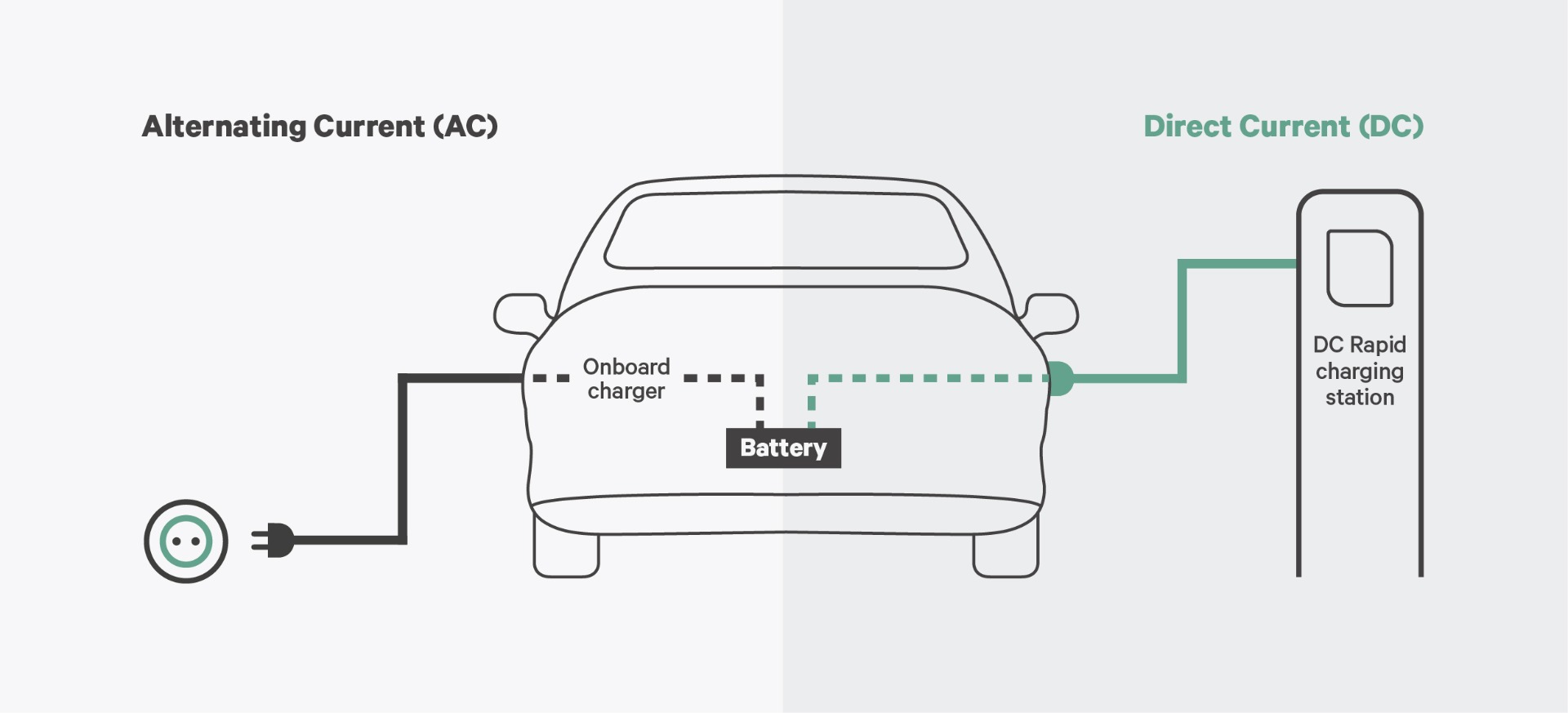As per the Land Transport Authority, EVs accounted for 12% of total car sales in Singapore last year, making a 4% increase from 2021. While transitioning to EVs seem straightforward, the charging infrastructure poses a challenge. With approximately 3,600 public charging points in Singapore as of 2023, the ratio of EV chargers to EVs stands at 1:16.
In light of this, installing your own EV charging system (EVCS) can offer convenience and cost savings. If you reside in a private landed property or Management Corporation Strata Title (MCST) property, here are the essential steps to ensure safe installation of your EVCS.
Installing an EV charging point on home grounds can be complex, involving factors like engaging a Licensed Electrical Worker (LEW), cable considerations, and Technical Reference compliance. However, with the right knowledge and guidance, you can navigate through the process smoothly.
Electric Vehicle Charging Systems in Singapore must first and foremost comply with the nationwide EV charging standard, Technical Reference 25 (TR 25), which specifies mandatory safety technical requirements for the charging system. The latest version of the technical reference is TR 25:2022, which supersedes the TR 25: 2016.
Chargers that have received a Letter of No Objection (LNO) need not be re-certified to TR 25:2022 as the LTA EV Charging System Verification Panel (EVP) will continue to accept applications for LNOs based on TR 25: 2016 for a period of two years after the TR 25: 2022 is published. The exact cut-off date will be announced closer to 2024.
Purchase a copy of the revised TR 25:2022 on the Singapore Standards website.
There are two main types of charging for electric vehicles - let's dive into the details.

(Image source: Wallbox)
AC (Alternating Current) Chargers are the more cost-effective option, although they charge at a slower rate, requiring around eight hours for a full battery charge. On the other hand, commercial DC (Direct Current) chargers can charge an empty battery up to 80% in under half an hour. While AC chargers may be slower, they are well-suited for overnight charging when EV owners typically have more time. Additionally, a full battery charge can last at least 300 km, which is four to six times the average distance Singaporeans typically drive. This makes AC chargers the most economical choice for many EV owners.
The charging speed of an EV charger is determined by its Kilowatt (kW) rating. Owners of full-electric vehicles should consider higher voltage chargers (11 to 22 kW and above) for faster charging, as opposed to lower voltage EV home chargers with a charging rate of 7.4kW and below.
Most EV owners prefer wall-mounted charging stations in their car porches of garages to save floor space, rather than freestanding options. It's recommended to consult with a licensed installer to determine the optimal solution based on the individual power supply and car positioning.
A LEW and equipment specialist play essential roles throughout the entire installation process of an Electric Vehicle Charging System (EVCS). These specialists undergo rigorous training, obtain certification, and possess comprehensive knowledge of applicable standards and requirements, thereby ensuring compliance with TR 25 regulations. The LEW is responsible for overseeing the safety and certification of crucial components such as the EV charging station, switchboard, and wiring. Furthermore, obtaining building NEW approval is necessary for MCST (Management Corporation Strata Title) homes.
All EVCs owners must remember to periodically engage a LEW and equipment specialist to maintain the charging system. The maintenance of the EVCS varies according to the manufacturer's recommendation, likewise for the frequency of inspection and testing.
Learn more about the requirements for Testing & Inspection of EVCS for landed homes on the LTA website here.
Having an additional EVSE (Electric Vehicle Supply Equipment) can add a number to your electrical bill. Experience the benefits when you choose Senoko as your trusted energy provider. Explore our electricity plans tailored to your needs, and seamlessly sign up online today.
Power up your EV with Senoko and embrace a future of efficient and sustainable energy solutions.